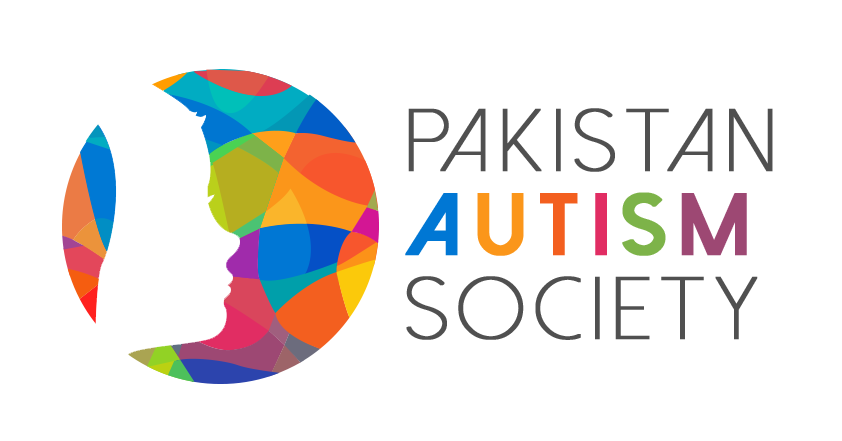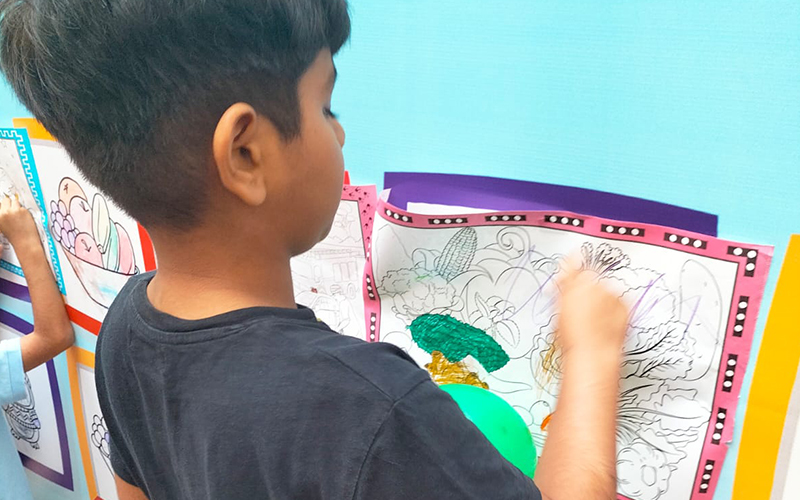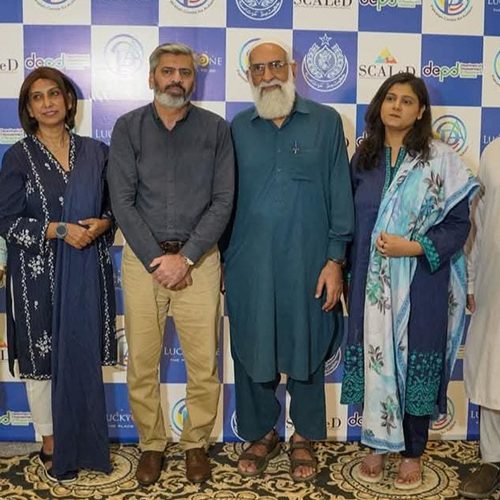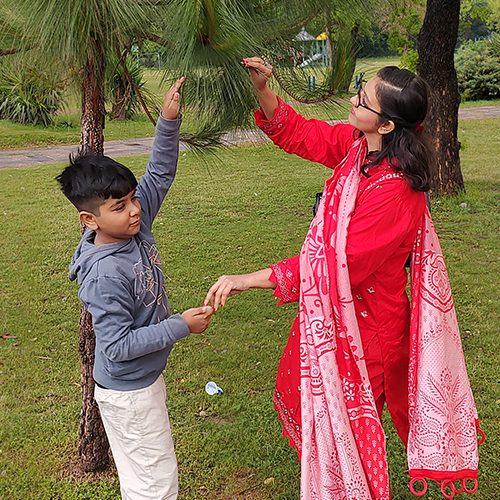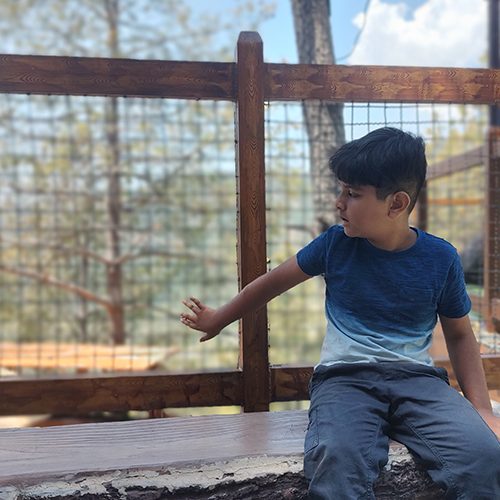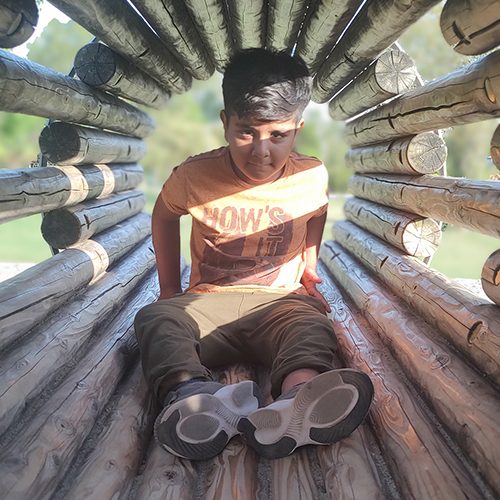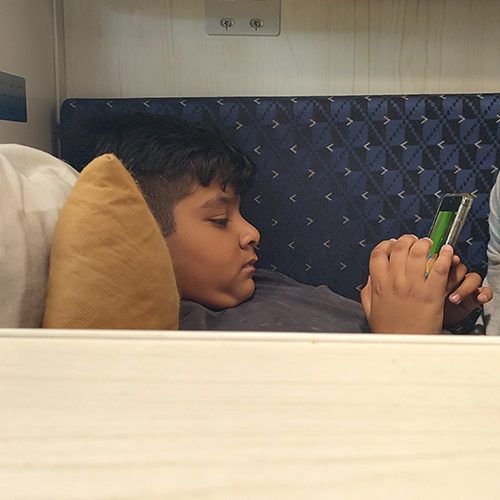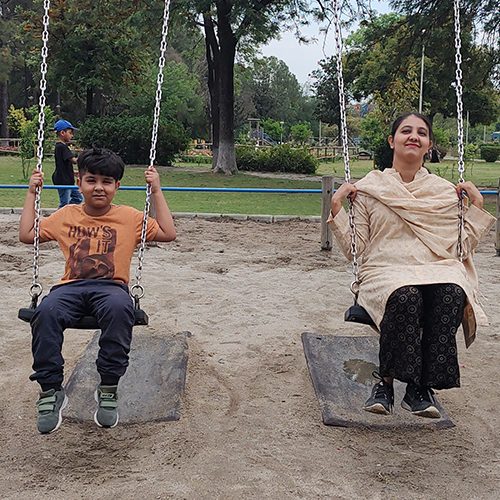In the journey of raising a child with autism, mothers in Pakistan often stand alone, facing a battle many cannot even see. Their strength, patience, and unconditional love rarely make headlines, but they are the backbone of their children’s survival and success. Yet, despite their sacrifices, these mothers often find themselves isolated, blamed, and unsupported. It is time we recognize them for what they truly are: heroes. The Silent Warriors In many parts of Pakistan, autism is still misunderstood. Mothers are often the first to notice that something is different about their child — the lack of eye contact, delayed speech, repetitive behaviors — yet they are rarely listened to. Instead, they face dismissal, blame, and even accusations of bad parenting or neglect. Without formal support systems, mothers become their child’s therapist, teacher, advocate, and protector — all rolled into one. They spend endless hours researching, traveling long distances to seek therapy, and fighting societal stigma, all while managing their homes and families. According to Autism Speaks, early intervention can make a profound difference in an autistic child’s life. Yet in Pakistan, early intervention often only happens because a mother refuses to give up. Battling Stigma and Isolation In traditional Pakistani society, any deviation from “normal” behavior in a child is often seen as a family failure — and mothers bear the brunt of the blame.Relatives may shame them, neighbors may gossip, and sometimes even fathers, overwhelmed by denial or ignorance, may distance themselves. The emotional toll on mothers is immense. Studies worldwide, including research in similar South Asian societies (NIH Study on Autism Mothers), show that mothers of autistic children face higher rates of depression, anxiety, and social isolation than the general population. Yet, despite the mental, emotional, and physical exhaustion, these mothers rise every day and keep fighting — not because they have no fear, but because their love is greater than any fear. The Need for Support Systems It is not enough to admire these mothers from a distance. Pakistan urgently needs: Organizations like Pakistan Autism Society are working to raise awareness and build these much-needed bridges of support. Conclusion: Celebrating Their Courage Behind every autistic child’s progress in Pakistan is a mother who refused to give up.She is the therapist who never went to therapy school, the teacher who wrote her own curriculum, the advocate who fought even when her voice shook. This Mother’s Day — and every day — let us honor these women. Let’s listen to them, support them, and celebrate their relentless courage. Because in the story of autism in Pakistan, mothers are not just supporting characters — they are the heroes leading the way.
Autism in Rural Pakistan: The Invisible Struggle
Autism in Pakistan is often misunderstood, and nowhere is this more painfully clear than in the country’s rural communities. While cities like Karachi, Lahore, and Islamabad are making slow progress toward awareness and services for children with Autism Spectrum Disorder (ASD), rural families continue to face an invisible struggle — fighting against stigma, lack of resources, and silence. Lack of Awareness: The First Barrier In Pakistan’s villages, unusual behaviors in children are often seen through the lens of superstition or poor upbringing. Very few people recognize autism for what it is: a neurological difference, not a disease or a curse. Without early diagnosis and early intervention, children are left without the support they need at a critical stage in their development. Mass awareness campaigns, especially involving local teachers, religious leaders, and media, are essential to bust myths and encourage acceptance. Shortage of Resources and Services In cities, families can at least attempt to access autism centers and therapy services. In rural areas, however, an entire district may not have a single trained therapist or special educator. Government health facilities are overwhelmed and under-resourced. Families are left with the impossible choice of traveling long distances to cities or simply doing without help. Telehealth and mobile therapy initiatives could help bridge this gap, especially given the widespread use of mobile phones in Pakistan (over 190 million cellular subscribers). The Heavy Cultural and Social Stigma Mothers often bear the brunt of the blame for a child’s differences. Accusations of negligence, curses, or “bad blood” are still tragically common. This societal judgment isolates families even further, causing immense emotional damage. Community-based interventions — training Lady Health Workers, empowering school teachers, and offering parent support groups — could create much-needed social safety nets. A Way Forward: Bridging the Urban-Rural Divide Change is possible. With the right efforts, rural Pakistan can become a place where autistic children are understood, accepted, and given the chance to thrive
Breaking the Silence: The State of Autism Awareness in Pakistan
Parents of autistic children frequently face confusion and misinformation from relatives, educators, and even healthcare professionals.
Understanding Autism in Pakistan: A Growing Challenge and an Opportunity for Change
Pakistan too is beginning to confront the complex realities of autism — from a growing number of cases to a significant lack of services and understanding.
Early Diagnosis of Autism in Pakistan: Why Timing Matters
A study assessing general practitioners in Karachi revealed that only 44.6% had heard of autism and many held misconceptions about its symptoms and causes.
Therapy for Autism in Pakistan: Accessible or Exclusive?
Autism Spectrum Disorder (ASD) is a neurodevelopmental condition that affects communication, behavior, and social interaction. Early intervention through therapies such as speech, occupational, and behavioral therapy is crucial for improving outcomes. In Pakistan, the accessibility and quality of these therapies vary significantly across regions, influenced by factors like urbanization, socioeconomic status, and awareness levels. Availability of Therapies Urban Centers In major cities like Karachi, Lahore, and Islamabad, there is a growing number of centers offering specialized therapies for children with autism. Institutions such as the Autism Society of Pakistan provide comprehensive services, including speech and language therapy, occupational therapy, and behavior intervention plans. Similarly, the Pakistan Centre for Autism in Karachi offers multidisciplinary training and therapy services. Private clinics and hospitals, like the Aga Khan University Hospital, also offer structured therapy packages. For instance, their Speech and Occupational Therapy Package includes five sessions of each therapy, focusing on individualized treatment plans. Rural and Semi-Urban Areas In contrast, rural and semi-urban regions face a scarcity of specialized therapy centers. Limited infrastructure, lack of trained professionals, and low awareness contribute to the inaccessibility of essential therapies for children with autism in these areas. Families often have to travel long distances to urban centers, which is both time-consuming and financially burdensome. Quality of Therapies The quality of therapy services in Pakistan varies widely. In established centers, therapies are administered by trained professionals using evidence-based practices. For example, the Autism Society of Pakistan employs highly skilled staff to deliver individualized educational plans and behavior intervention strategies. However, a study published in the Journal of Business and Social Review in Emerging Economies highlighted that while many institutions offer speech-language interventions, the majority rely on experienced practitioners using methods like the Picture Exchange Communication System (PECS). This indicates a reliance on specific techniques, potentially limiting the diversity of therapeutic approaches. ResearchGate Moreover, the lack of standardized training and certification for therapists across the country raises concerns about the consistency and effectiveness of therapies provided, especially in less regulated private setups. Affordability of Therapies The cost of therapy sessions in Pakistan can be prohibitive for many families. According to data from various sources: Applied Behavior Analysis (ABA) Therapy: Session costs range from PKR 1,500 to PKR 6,000, depending on the therapist’s experience. LinkedIn Speech and Occupational Therapy: Packages at institutions like Aga Khan University Hospital range from PKR 20,000 to PKR 39,000 for 8 to 20 sessions. Aga Khan University Hospital These costs are substantial, considering the average household income in Pakistan. Furthermore, the absence of insurance coverage for such therapies exacerbates the financial strain on families. Regional Disparities The disparity in therapy services between urban and rural areas is stark.While urban centers have seen a proliferation of specialized institutions, rural areas lag due to infrastructural and resource constraints. This urban-rural divide results in unequal access to essential therapies, leaving many children without the support they need. Initiatives and Recommendations To bridge the accessibility gap, several initiatives can be considered: Teletherapy Services: Implementing telepractice platforms can extend therapy services to remote areas, mitigating geographical barriers. thetherapist.com.pk Government Support: Increased government funding and policy support can facilitate the establishment of therapy centers in underserved regions. Training Programs: Standardized training and certification programs for therapists can enhance the quality and consistency of services nationwide. Public Awareness Campaigns: Raising awareness about autism and the importance of early intervention can encourage families to seek timely support. Conclusion While Pakistan has made strides in providing therapy services for children with autism, significant challenges remain in terms of accessibility, quality, and affordability. Addressing these issues requires a concerted effort from government bodies, healthcare institutions, and civil society to ensure that every child with autism receives the support they need to thrive. Note: For more information on therapy services and support for autism in Pakistan, you may visit the Autism Society of Pakistan or the Pakistan Centre for Autism.
